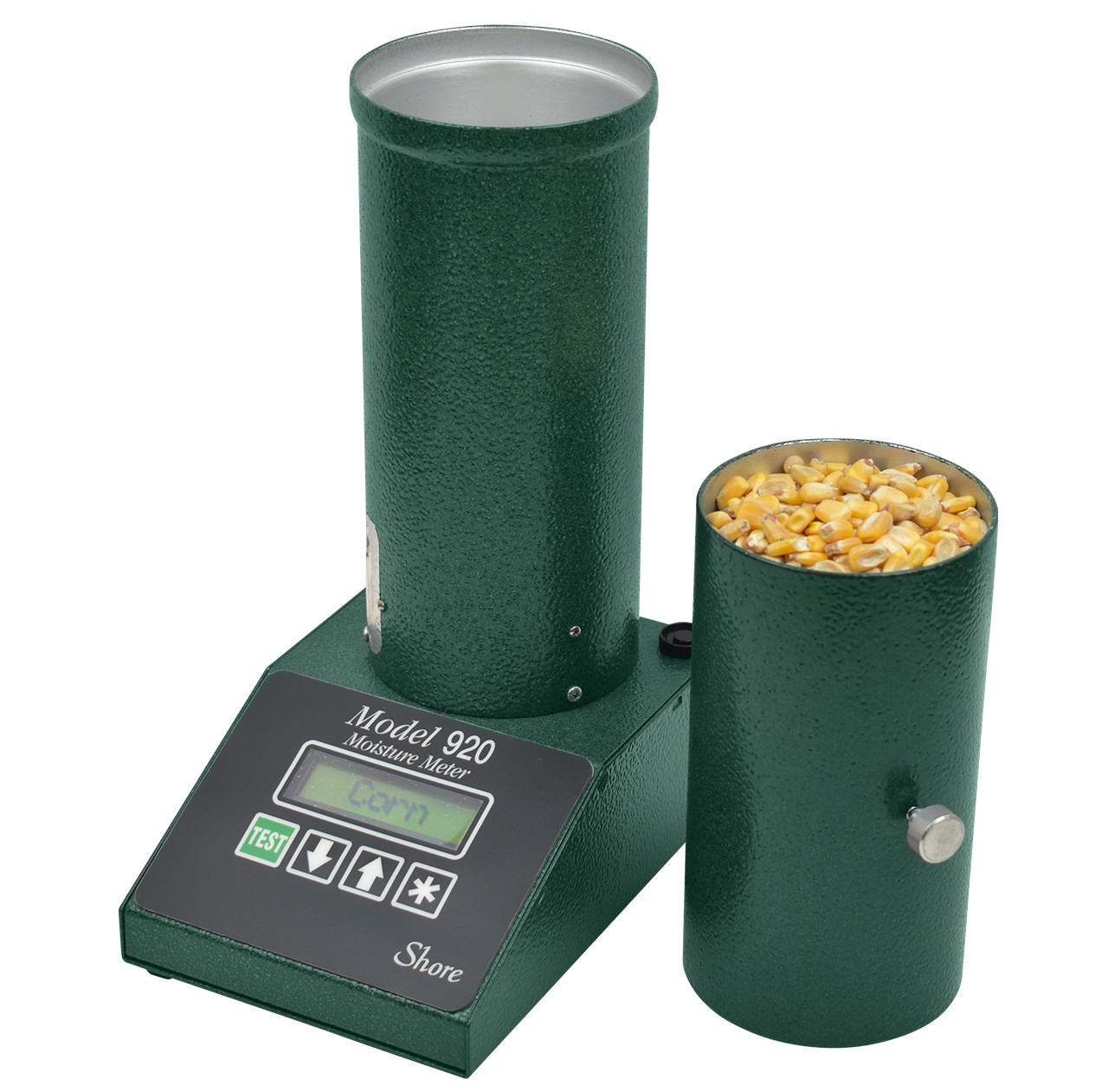Leading 10 Benefits of Using a Moisture Meter for Definite Measurements in Your Home
Leading 10 Benefits of Using a Moisture Meter for Definite Measurements in Your Home
Blog Article
The Ultimate Overview to Wetness Meters: A Comprehensive Introduction and Exactly How They Can Save You Cash
In the realm of building upkeep, building, and various sectors, the relevance of properly measuring dampness levels can not be overstated. Moisture meters work as vital tools in detecting and checking moisture material in products, helping in preventing pricey damages and guaranteeing the top quality of items. Comprehending the subtleties of various sorts of dampness meters, their applications, and the prospective cost-saving advantages they use can be a game-changer for specialists and organizations alike. Discovering exactly how these devices can not only enhance procedures but also add to monetary savings is a trip worth starting.
Kinds Of Moisture Meters
Different sorts of wetness meters are available for different applications in different sectors. One common type is the pin-type dampness meter, which determines the electric resistance between 2 pins placed right into a material. This type appropriates for timber, drywall, and other structure materials. Pinless wetness meters, on the other hand, usage electromagnetic sensing unit plates to check a larger area without creating damages to the product's surface. Moisture Meter. These meters are excellent for quickly analyzing dampness degrees in huge locations such as walls and floors.

Infrared dampness meters determine the thermal buildings of a material to determine its wetness content non-invasively, making them useful for applications where pin or pinless meters might not be suitable. Understanding the various kinds of wetness meters available can aid markets choose the most suitable tool for their details wetness dimension requirements.

Advantages of Making Use Of Wetness Meters
Dampness meters use very useful advantages in properly assessing and keeping an eye on dampness levels in varied products and settings. One of the primary benefits of utilizing dampness meters is the prevention of possible damage caused by excess wetness.
Furthermore, utilizing moisture meters can lead to boosted power performance. In agricultural setups, moisture meters play a critical function in maximizing crop returns by allowing farmers to monitor dirt wetness levels and make educated irrigation decisions.
Exactly How to Pick the Right Wetness Meter
Selecting the appropriate dampness meter entails taking into consideration vital variables such as material compatibility, measurement variety, and calibration precision. When selecting a moisture meter, it's necessary to make certain that the meter appropriates for the specific product you will be testing. Different materials have varying electrical residential or commercial properties that can impact moisture analyses, so selecting a meter made for your product is vital for precise outcomes. Furthermore, think about the measurement variety of the moisture meter. Ensure that the meter can find dampness degrees within the range needed for your applications. Calibration accuracy is an additional critical element to keep in mind. Go with a dampness meter with dependable calibration to make certain exact and regular readings. Some meters might require periodic calibration adjustments, so recognizing the calibration process is necessary. By very carefully examining these variables, you can select a moisture meter that satisfies your demands and supplies accurate wetness measurements for your tasks.
Proper Techniques for Moisture Meter Use

Price Cost Savings With Moisture Meter Applications
Exactly how can the tactical usage of moisture meters lead to significant price financial savings across different industries? Wetness meters play a vital function in expense savings by protecting against possible damage and guaranteeing quality control in various markets. In the agriculture industry, dampness meters help in figuring out the optimum time for gathering plants, stopping excess or over-drying dampness that can influence the last item's high quality. This precise monitoring assists farmers avoid unneeded losses and optimize their return.
In a similar way, in building and construction, wetness meters aid protect against pricey problems by finding dampness degrees in building products, such as timber or concrete, which can bring about structural issues if not addressed quickly. By identifying issue locations early on, contractors can take restorative actions to avoid comprehensive fixings or substitutes, eventually saving money and time.
Additionally, in the food handling market, dampness meters are vital for keeping an eye on item top quality and making certain conformity with safety and security laws. By precisely measuring moisture click over here material in food products, producers can prevent spoilage, keep quality, and minimize waste, causing significant price financial savings. In general, the tactical application of dampness meters is a useful financial investment that can cause substantial cost decreases and enhanced performance throughout numerous sectors.
Conclusion
To conclude, dampness meters are valuable tools for determining and identifying wetness degrees in various materials. By utilizing the appropriate dampness meter and following proper techniques, users can effectively protect against pricey damages brought on by excess wetness. Buying a top quality wetness meter can result in significant price financial savings in the future by identifying potential issues beforehand and making it possible for timely remediation. Ultimately, dampness meters are necessary instruments for preserving the integrity and longevity of frameworks and materials.
Dampness meters serve as indispensable devices in detecting and checking moisture content in products, aiding in preventing costly problems and making certain the high quality of products. Infrared wetness meters determine the thermal homes of a material to establish its dampness material non-invasively, making them useful for applications where pin or pinless meters might not be ideal.Dampness meters offer very useful benefits in precisely examining and keeping an eye on moisture levels in varied products and environments. In farming settings, wetness meters play a critical duty in optimizing plant yields by making it possible for farmers to monitor soil moisture degrees and make educated irrigation decisions.In final thought, moisture meters are beneficial devices for finding and measuring dampness degrees in different materials.
Report this page